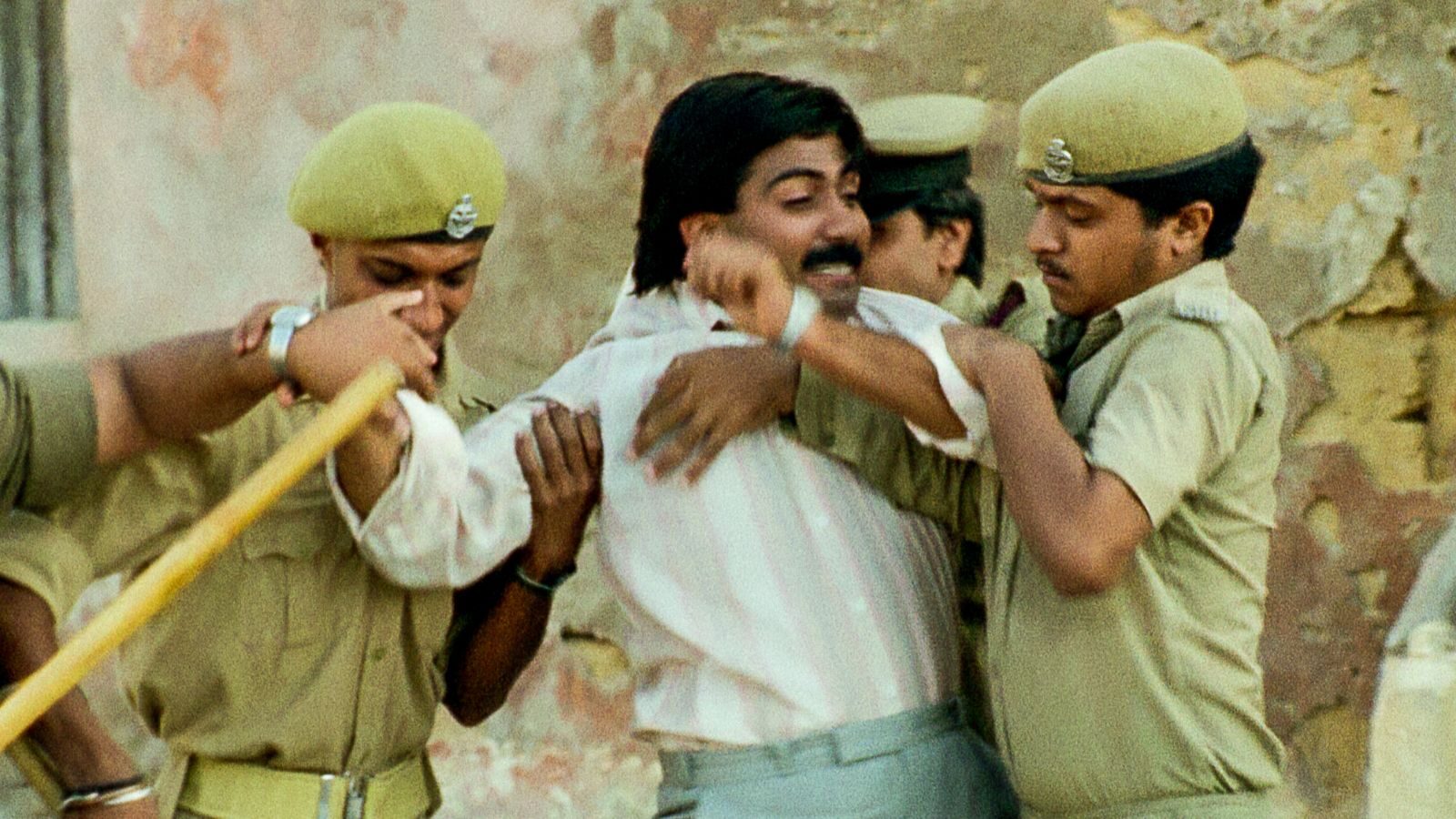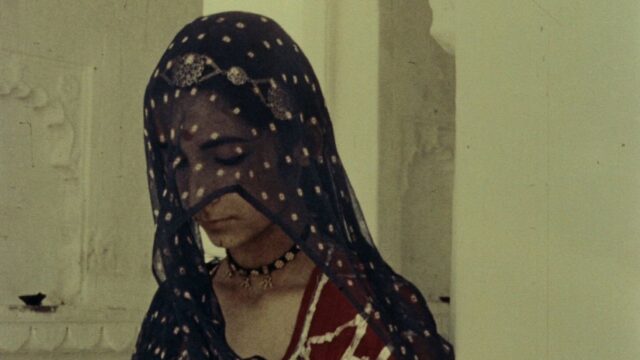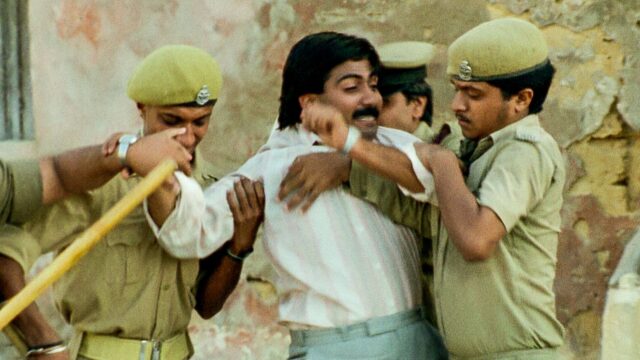Film Comment Live: Tribute to Navroze Contractor

From the early ’70s onwards, Indian cinematographer Navroze Contractor—who passed away last year at age 80—blazed a trail of radical image-making. Trained in fine arts, photography, and cinematography, Contractor wielded the camera as a weapon and a paintbrush, capturing both the thrills and the throes of popular uprisings in films that defined political documentary in India, and giving stunning form to the bold adventures in fiction undertaken by India’s Parallel Cinema filmmakers.
His longtime collaboration with his partner, director Deepa Dhanraj, and the feminist group they co-founded, the Yugantar Film Collective, resulted in a series of short and feature-length films—including What Has Happened to This City? (1984) and Something Like a War (1991)—that endure as extraordinary, pulsating visual documents of collective power and anti-capitalist resistance. As cinematographer for Indian independent stalwarts like Mani Kaul, Chetan Shah, Ketan Mehta, Pattabhi Rama Reddy, and Sanjiv Shah, Contractor combined technical innovation and an eye for everyday beauty to render landscapes and faces with expressionistic minimalism. Kaul’s rapturous Duvidha (1973), which won a prize at the Berlin International Film Festival in 1975 and screened in the 1976 edition of the New Directors/New Films festival, is an exemplar.
To celebrate Contractor’s legacy and contribution to cinema, Film Comment presents a double-feature program of two films shot by the cinematographer—Duvidha, and Sanjiv Shah’s unique musical satire Love in the Time of Malaria (1992), which will screen theatrically in the U.S. for the first time—along with an extended conversation with Dhanraj.
Duvidha
Extended conversation with Deepa Dhanraj
A hypnotic and enigmatic ghost story derived from a Rajasthani folktale, Duvidha endures as a seminal contribution to the Indian cinema of the 1970s.
Love in the Time of Malaria
U.S. Theatrical Premiere · Introduction by Deepa Dhanraj
Sanjiv Shah’s no-holds-barred debut feature is an exuberant and unclassifiable political satire, incorporating expertly written songs, intricate webs of references and gags, and stirring calls to revolution into a portrait of a nation in crisis.
Tickets to Duvidha and Love in the Time of Malaria are buy one, get one free! By buying one ticket to Duvidha, you get free access to Love in the Time of Malaria by showing your purchased ticket at the box office.
Tickets are $17 for the general public; $14 for students, seniors (62+), and persons with disabilities; and $12 for FLC Members.








